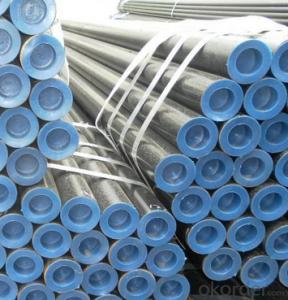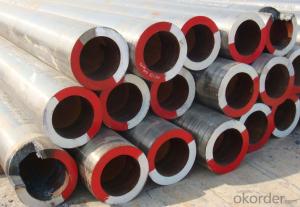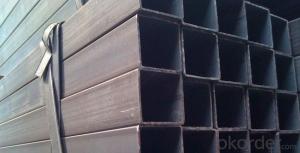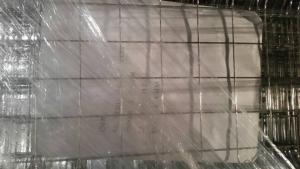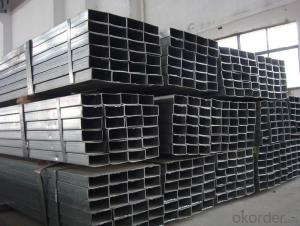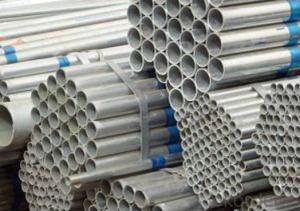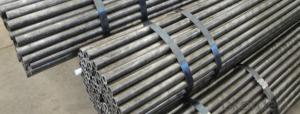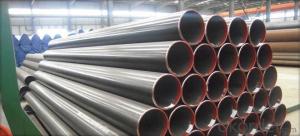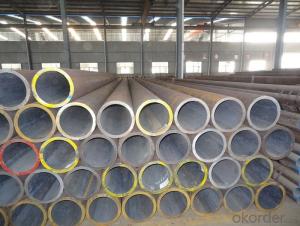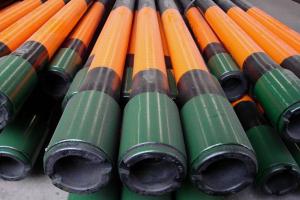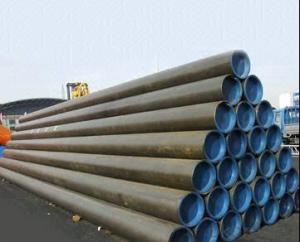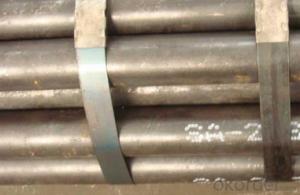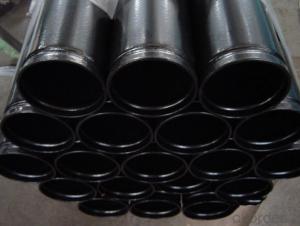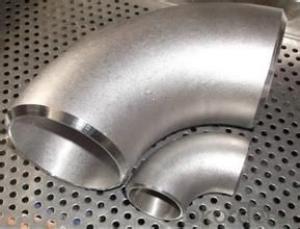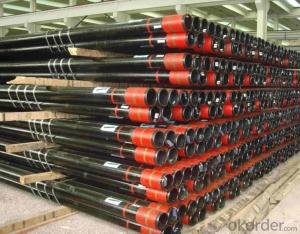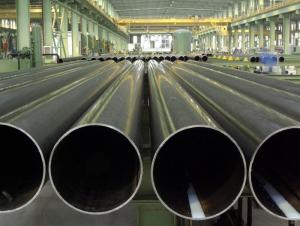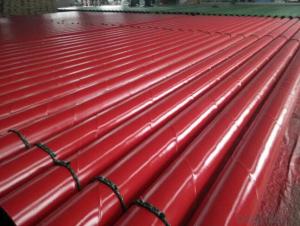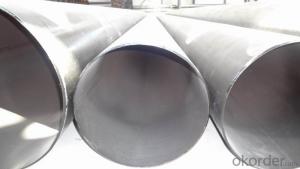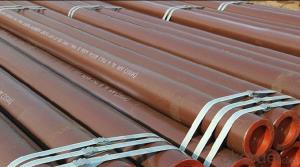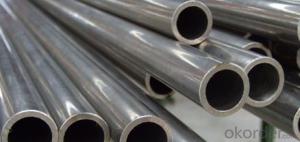All Categories
- - Steel Wire Rod
- - Steel Coils
- - Steel Profiles
- - Steel Pipes
- - Stainless Steel
- - Tinplate
- - Special Steel
- - Steel Sheets
- - Steel Rebars
- - Steel Strips
- - Hot Rolled Steel
- - Cold Rolled Steel
- - Pre-painted Steel
- - Seamless Steel Pipe
- - Welded Steel Pipe
- - Hollow Steel Tubes
- - Galvanized Pipe
- - Stainless Steel Coil
- - Stainless Steel Sheet
- - Stainless Steel Plate
- - Stainless Steel Strips
- - Electrolytic Tinplate Coil
- - Electrolytic Tinplate Sheet
- - Stainless Steel Rebars
- - Solar Panels
- - Solar Water Heater
- - Solar Related Products
- - Solar Inverter
- - Solar Cells
- - Solar Light
- - Solar Energy Systems
- - Solar Controllers
- - Solar Mounting System
- - Solar Pump
- - Solar Chargers
- - Fiberglass Chopped Strand
- - Fiberglass Mesh Cloth
- - Composite Pipes
- - FRP Pultrusion Profiles
- - Fiberglass Mat Tissue
- - Fiberglass Fabrics
- - Fiberglass Mesh
- - Composite Tank
- - Fiberglass Mesh tape
- - Polymer
- - FRP Roofing Panel
- - Fiberglass Roving
- - Monolithic Refractories
- - Ceramic Fiber Products
- - Refractory Bricks
- - Raw Materials For Refractory
- - Suspended Platform
- - Cranes
- - Concrete Machinery
- - Earthmoving Machinery
- - Building Hoist
- - Road Building Machinery
- - Plastic Pipe Fittings
- - Plastic Tubes
- - Plastic Sheets
- - Agricultural Plastic Products
- - Plastic Nets
 All Categories
All Categories
Q & A
What measures can be taken to prevent steel pipes from becoming magnetized and affecting sensitive electronic equipment?
There are several measures that can be taken to prevent steel pipes from becoming magnetized and affecting sensitive electronic equipment. Firstly, using non-magnetic alloys or materials such as plastic or fiberglass for the pipes can eliminate the magnetic field altogether. Alternatively, applying insulation materials like rubber or plastic coatings to the steel pipes can block the magnetic field from affecting the surrounding electronic equipment. Additionally, implementing proper grounding techniques and installing magnetic shielding around the sensitive electronic equipment can help divert and neutralize any magnetic fields that may be generated by the steel pipes. Regular maintenance and monitoring of the pipes' magnetic properties can also help identify and address any potential issues before they impact the electronic equipment.
What are the design principles for steel pipes used in high-pressure fuel and hydraulic systems in aircraft?
The design principles for steel pipes used in high-pressure fuel and hydraulic systems in aircraft primarily focus on ensuring durability, reliability, and safety. These principles involve selecting high-quality materials, such as steel alloys with excellent strength and corrosion resistance, to withstand the high pressures and harsh operating conditions. Additionally, the pipes are designed with precise dimensions to ensure proper flow rates and minimize pressure loss. They also incorporate features like reinforced walls and specialized fittings to enhance structural integrity and prevent leakage. Overall, the design principles for steel pipes in aircraft high-pressure systems prioritize functionality, efficiency, and the ability to withstand extreme conditions.
How are steel pipes used in the marine industry?
Steel pipes are commonly used in the marine industry for various applications such as shipbuilding, offshore oil and gas exploration, and underwater infrastructure. They are used as structural components, providing strength and durability to vessels and offshore platforms. Steel pipes are also used for transporting fluids, such as oil, gas, and water, through pipelines and subsea systems. Additionally, they are utilized in the construction of piers, docks, and other marine structures, ensuring the reliability and longevity of these installations in harsh marine environments.
Wholesale Steel Pipes from supplier in Bulgaria
Whether you require Steel Pipes for industrial, commercial, or residential purposes, we have the expertise and resources to meet your specific needs. Our sales team is dedicated to understanding your requirements and providing customized solutions that are tailored to your project's specifications.
In addition to offering a wide range of Steel Pipes products, we also provide competitive pricing and reliable delivery services. Our strong relationships with trusted manufacturers enable us to negotiate favorable terms and ensure timely delivery of your orders.
Moreover, our technical support team is available to assist you throughout the entire process, from product selection to installation guidance. We understand the importance of quality and compliance, and we only work with manufacturers who meet international standards and certifications.
As a subsidiary of CNBM, we benefit from the support of a global network and extensive resources. This allows us to offer a comprehensive range of Steel Pipes products and services, ensuring that you have access to the latest industry trends and innovations.
Whether you are working on a small-scale project or a large-scale infrastructure development, we are committed to providing you with the highest level of service and support. Contact us today to discuss your Steel Pipes requirements in Bulgaria, and let us be your trusted partner in achieving success.
In addition to offering a wide range of Steel Pipes products, we also provide competitive pricing and reliable delivery services. Our strong relationships with trusted manufacturers enable us to negotiate favorable terms and ensure timely delivery of your orders.
Moreover, our technical support team is available to assist you throughout the entire process, from product selection to installation guidance. We understand the importance of quality and compliance, and we only work with manufacturers who meet international standards and certifications.
As a subsidiary of CNBM, we benefit from the support of a global network and extensive resources. This allows us to offer a comprehensive range of Steel Pipes products and services, ensuring that you have access to the latest industry trends and innovations.
Whether you are working on a small-scale project or a large-scale infrastructure development, we are committed to providing you with the highest level of service and support. Contact us today to discuss your Steel Pipes requirements in Bulgaria, and let us be your trusted partner in achieving success.
